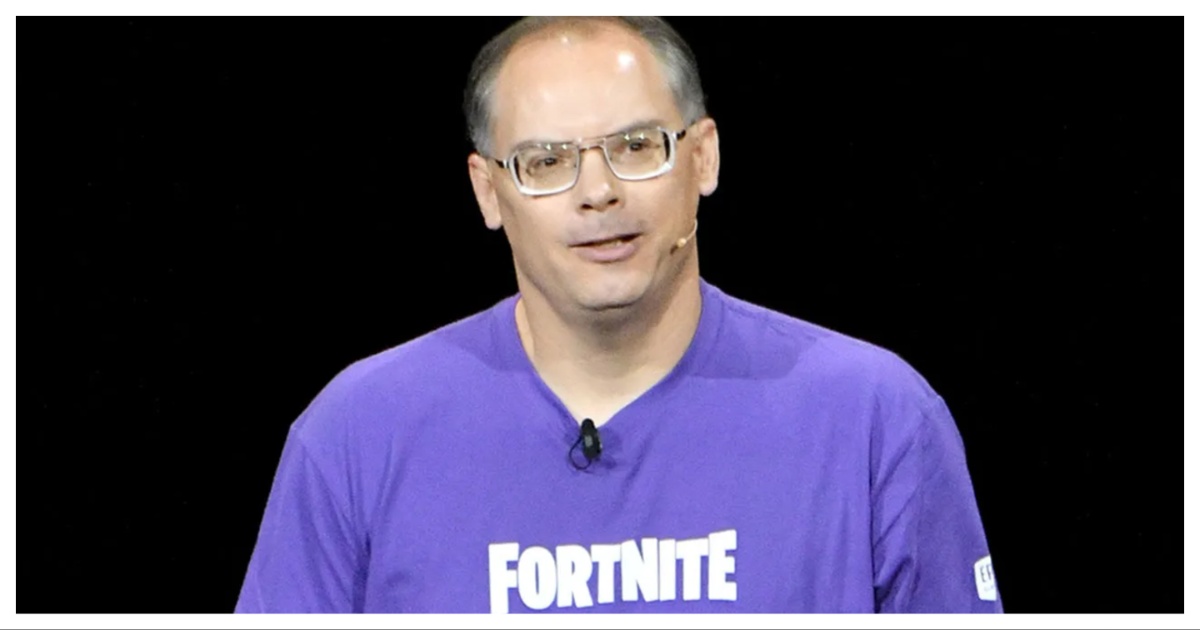AI isn’t just changing how we work and play, but it’s also helping us rethink our underlying reality itself.
Tim Sweeney, CEO of Epic Games, the company behind the wildly popular Fortnite and Unreal Engine, recently delved into a philosophical discussion sparked by the rapid advancements in AI. His musings touch upon the age-old simulation hypothesis, questioning not just the nature of our own reality, but also the reality of our potential creators. What’s particularly intriguing is how Sweeney links the increasing sophistication of AI with the growing plausibility of such thought experiments.

“I don’t know,” Sweeney pondered on the Lex Fridman podcast, “The question of whether we are living in a simulation ourselves always boils down to: if we are living in a simulation, where are *they* living? Because at some point there has to be some base reality.”
He continued, exploring alternative philosophical viewpoints: “Or, you know, one of the philosophical theories that was put forth seriously was that there is no physical reality. If you have a system of equations, you know, such as the laws of physics, then all possible evolutions of dynamical systems under those equations kind of have a physical reality.”
This leads to a fascinating conclusion: “So we just are kind of a manifestation of laws of math, rather than needing an actual universe around us. I don’t know. I like dabbling in that philosophy.” He concluded by observing, “And as we get AI becoming smarter and smarter and we get closer and closer to really capturing the full laws of physics, these questions become quite a lot more compelling.”
Simulation theory posits that our reality is a sophisticated computer simulation, potentially created by a highly advanced civilization. This idea suggests that everything we perceive, from our physical world to our own consciousness, is a digital construct rather than a fundamental, independently existing reality. The theory explores the possibility of simulating entire universes, leading to the question of whether we are living in a simulation at some level within a larger, more complex meta-universe. Elon Musk has previously said that there’s a very good chance we’re living in a simulation.
Sweeney’s comments reflect a growing unease about the implications of increasingly powerful AI. As AI systems begin to demonstrate capabilities previously thought exclusive to human intelligence, the line between simulation and reality begins to blur. If we can create complex virtual worlds within our computers, is it so far-fetched to imagine that we ourselves might inhabit a similarly constructed reality? Furthermore, Sweeney’s point about the mathematical underpinnings of reality raises the possibility that our universe, whether simulated or not, could simply be the result of a complex interplay of fundamental equations.
The implications of these ideas are profound. If reality is merely a complex computation, what does that mean for concepts like free will and consciousness? And if we are indeed living in a simulation, what are the motivations and limitations of our simulators? While Sweeney admits his preference for a “base reality,” the rapid advancement of AI forces us to confront these unsettling possibilities with increasing seriousness. The future of AI, it seems, is not just about technological progress, but also about a fundamental re-evaluation of our place in the cosmos.
